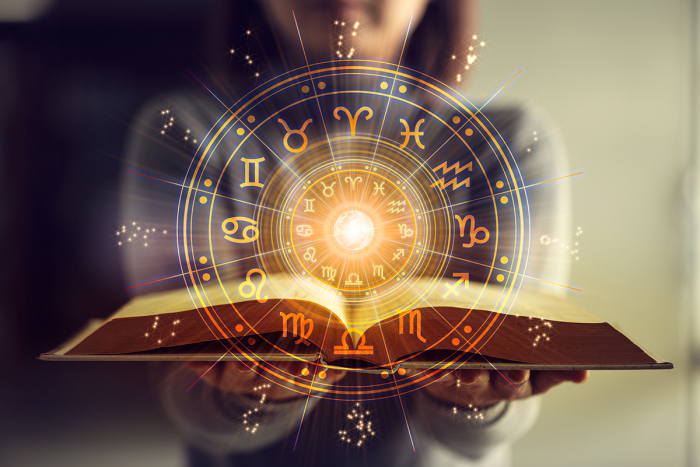
Though consulting astrology or horoscopes is forbidden in Scripture, more than a quarter of Christians say they believe the stars and planets have some impact on human destiny, according to a Pew Research Center study.
The study was conducted in the fall of 2024 through a survey of a nationally representative sample of 9,593 U.S. adults.
Some 30% of U.S. adults stated that they consult astrology or a horoscope, tarot cards or a fortune teller at least once a year. Most, however, said they engaged in the practice for fun and few said they based major life decisions on what they are told.
Researchers found that some 27% of religiously affiliated Americans believe in astrology, which was statistically similar to the 28% of religiously unaffiliated Americans who believe in the practice.
Black Protestants and Hispanic Catholics were more likely to believe in astrology than white Evangelicals. About a third of black Protestants, Hispanic Catholics, and respondents who described their religion as “nothing in particular” had similar views on the subject.
White Evangelicals, atheists, Jewish Americans, and agnostics were less likely to say they believe in astrology than the general public.
According to Christian apologetics ministry Got Questions, the belief that astrology impacts your destiny “is a false belief.”
“The royal astrologers of the Babylonian court were put to shame by God’s prophet Daniel (Daniel 1:20) and were powerless to interpret the king’s dream (Daniel 2:27). God specifies astrologers as among those who will be burned as stubble in God’s judgment (Isaiah 47:13-14),” the ministry notes.
“Astrology as a form of divination is expressly forbidden in Scripture (Deuteronomy 18:10-14). God forbade the children of Israel to worship or serve the ‘host of heaven’ (Deuteronomy 4:19). Several times in their history, however, Israel fell into that very sin…Their worship of the stars brought God’s judgment each time.”
While respected Christian researchers like George Barna have been sounding the alarm on the dangers of syncretism to a biblical worldview in recent years, a new study in April, Breaking Free of the Iron Cage: The Individualization of American Religion, suggests more Americans are leaving organized religion in search of personalized faith perspectives that embrace a fusion of different religions.
In the study, the researchers tracked 1,348 individuals born in the late 1980s from adolescence through early adulthood using longitudinal surveys to examine how young adults manage tensions between institutional religion and personal authenticity as they came of age during the rise of religious “nones.”
“Our analysis shows how young people are responding to the bureaucratization and rationalization that [German sociologist Max] Weber predicted would create an ‘iron cage’ in modern institutions, developing new forms of religious and spiritual expression outside formal institutions,” the researchers wrote.
The researchers argued that the religious marketplace had expanded beyond competing denominations to “include options outside formal institutions altogether, from personalized spirituality to individually crafted approaches to faith and meaning.”
“People are breaking free not with bolt cutters but with deeply personal acts of spiritual rebellion,” the researchers argued. “Rejecting the rationalized, systematized and institutionalized religious constructs of modernity in favor of more dynamic, diverse, and syncretic expressions.”
Contact: leonardo.blair@christianpost.com Follow Leonardo Blair on Twitter: @leoblair Follow Leonardo Blair on Facebook: LeoBlairChristianPost

















